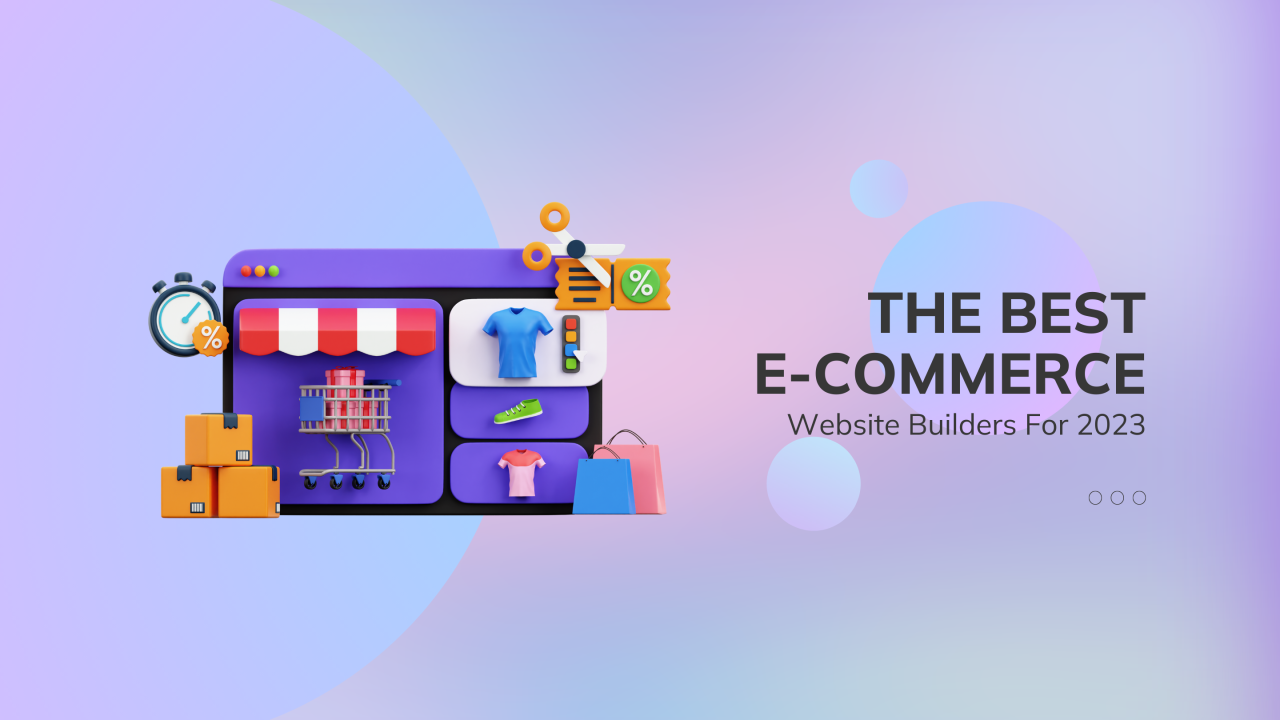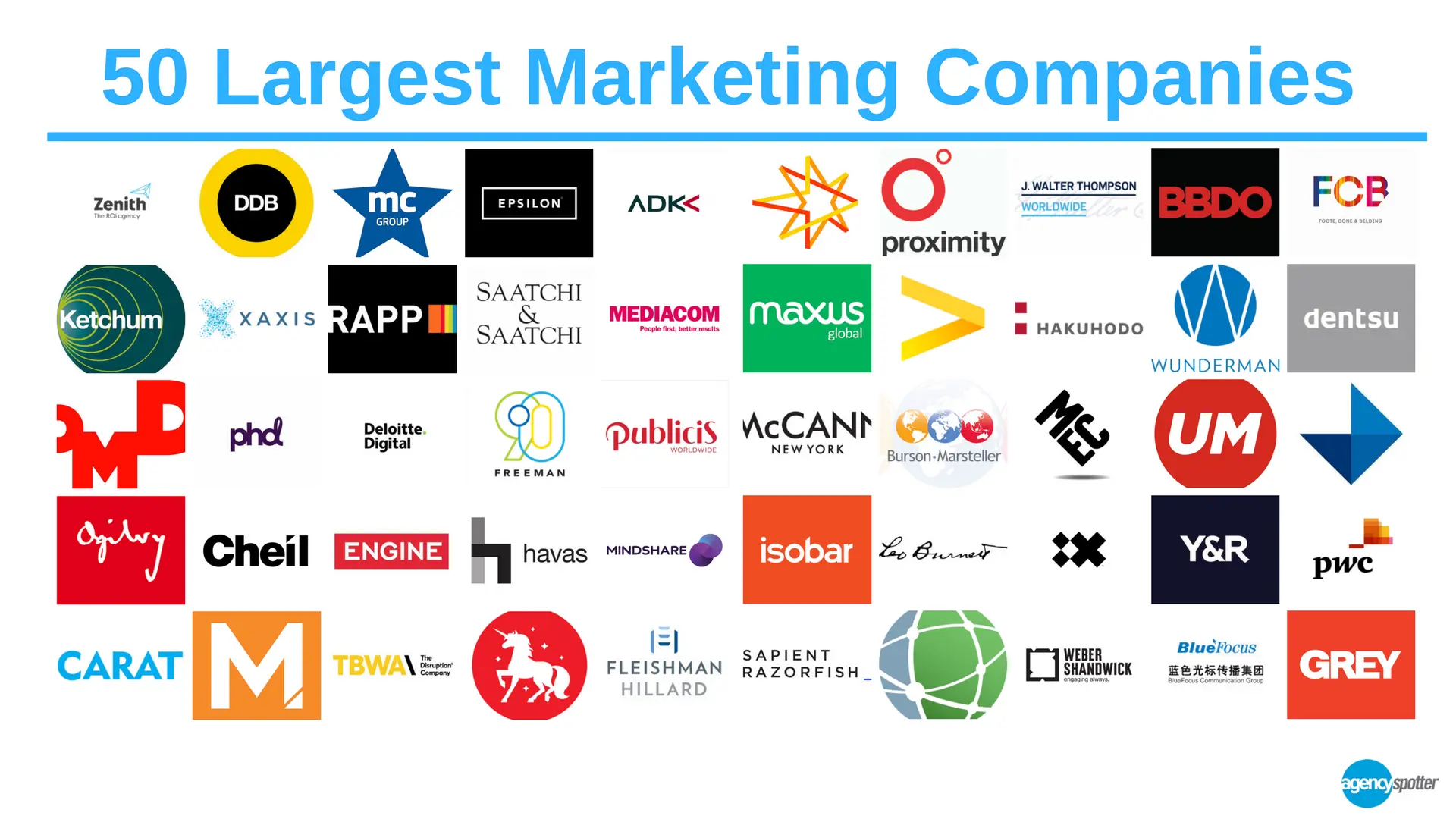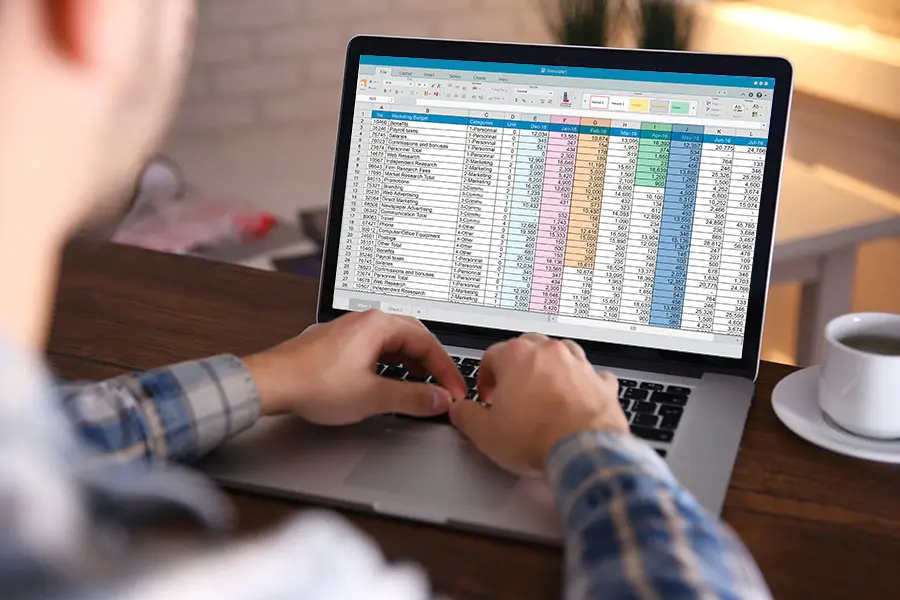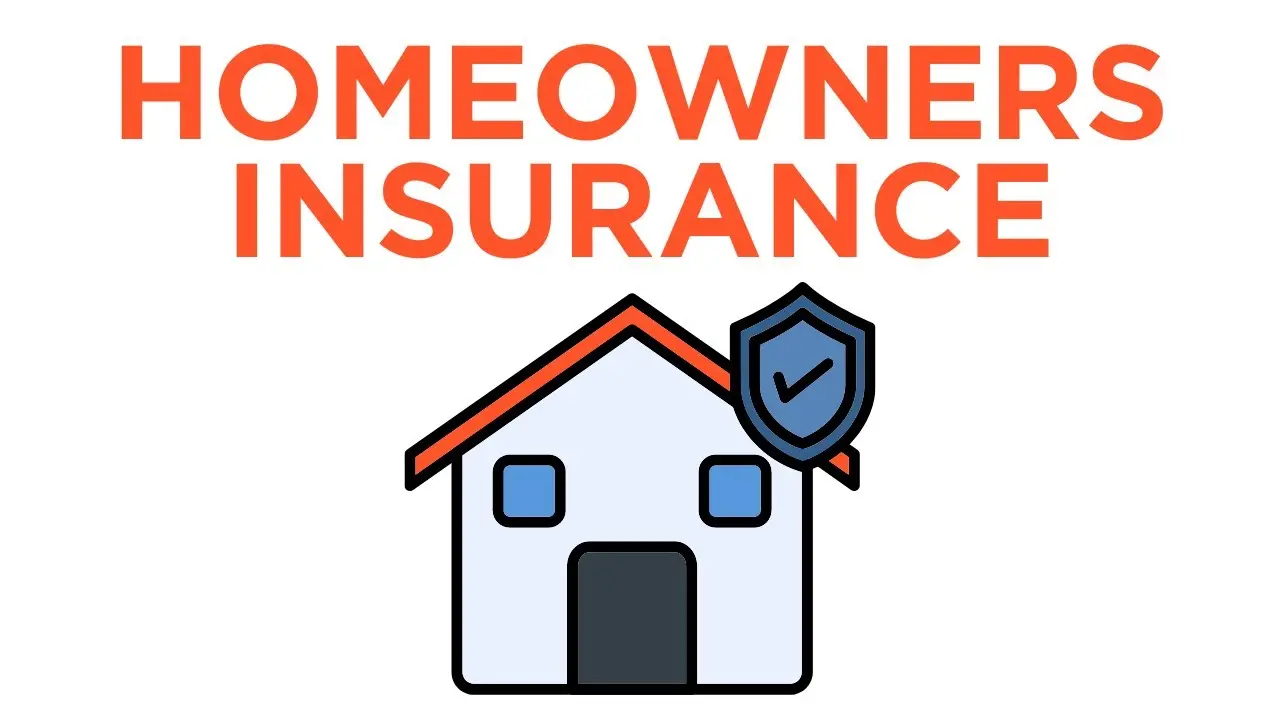
1. Why You Need an Ecommerce Website Builder
Ecommerce website builders are essential for businesses looking to sell products or services online. Here’s why they are invaluable:
- Cost-Effective Solution: Compared to hiring a developer, ecommerce platforms offer affordable plans that include hosting, templates, and support.
- Ease of Use: Intuitive interfaces and drag-and-drop functionality make it easy to design your store, even if you’re a beginner.
- Scalability: The right platform will grow with your business, supporting more products, higher traffic, and advanced features.
- Marketing Tools: Many ecommerce builders come with integrated tools like email marketing, SEO optimization, and analytics.
- Mobile Optimization: With mobile commerce on the rise, having a platform that ensures a seamless mobile experience is essential.
2. Top Ecommerce Website Builders for 2025
To help you find the best platform for your needs, we’ve compiled a comparison table of the top ecommerce website builders for 2025:
| Platform | Key Features | Best For | Pricing | Ease of Use |
|---|---|---|---|---|
| Shopify | Powerful apps, great scalability | Small to large businesses | Starting at $29/month | Beginner-friendly |
| Wix eCommerce | Drag-and-drop builder, customizable themes | Creative and small businesses | Starting at $23/month | Very easy |
| BigCommerce | Multi-channel selling, robust SEO tools | Large businesses | Starting at $29.95/month | Moderate |
| Squarespace Commerce | Elegant templates, blogging integration | Creative professionals | Starting at $26/month | Easy |
| WooCommerce | Open-source, full customization | WordPress users | Free (hosting costs extra) | Advanced |
| Weebly (by Square) | Simple setup, built-in payment processing | New small businesses | Starting at $12/month | Very easy |
| Magento (Adobe Commerce) | Advanced features, enterprise-level tools | Large-scale enterprises | Custom pricing | Advanced |
3. How to Choose the Right Ecommerce Platform
When selecting the ideal ecommerce platform, consider the following factors:
- Budget: Assess your monthly budget, including any transaction fees.
- Customization Needs: Determine how much flexibility you need in terms of design and functionality.
- Product Range: Consider whether the platform can handle a small or large product catalog.
- SEO Features: Check for tools like meta tags, URL customization, and sitemaps to optimize your store for search engines.
- Customer Support: Ensure the platform offers reliable customer service to assist with technical issues.
4. Key Features to Look for in Ecommerce Builders
To maximize the potential of your online store, prioritize these features:
- Mobile Optimization: Ensure your site looks and performs well on mobile devices.
- Integrated Payment Options: Secure and diverse payment gateways enhance the checkout experience.
- Marketing Tools: Built-in email marketing and social media integrations help you reach your audience effectively.
- Analytics and Reports: Gain insights into customer behavior and sales trends to refine your strategies.
- Third-Party Integrations: Add advanced features through apps or plugins to enhance your store’s functionality.
5. Maximize Your Online Store’s Success
Here are a few tips to help you get the most out of your chosen ecommerce platform:
- Optimize for SEO: Use targeted keywords, optimized product descriptions, and a clear site structure to boost your search rankings.
- Leverage Social Media: Drive traffic to your store by sharing updates, promotions, and products on social platforms.
- Enhance Customer Experience: Offer live chat support, clear return policies, and fast-loading pages for better user satisfaction.
- Focus on Visual Appeal: Use high-quality images and engaging videos to showcase your products.
- Run Promotions: Offer discounts and free shipping to incentivize purchases.
6. Conclusion: Find the Perfect Platform for Your Needs
Choosing the best ecommerce website builder depends on your business size, goals, and technical expertise. Platforms like Shopify and BigCommerce are perfect for scalability, while Wix and Weebly cater to small businesses with easy-to-use tools. By carefully evaluating your requirements and leveraging the features of these platforms, you can create an online store that’s not only visually appealing but also highly effective in driving sales.






